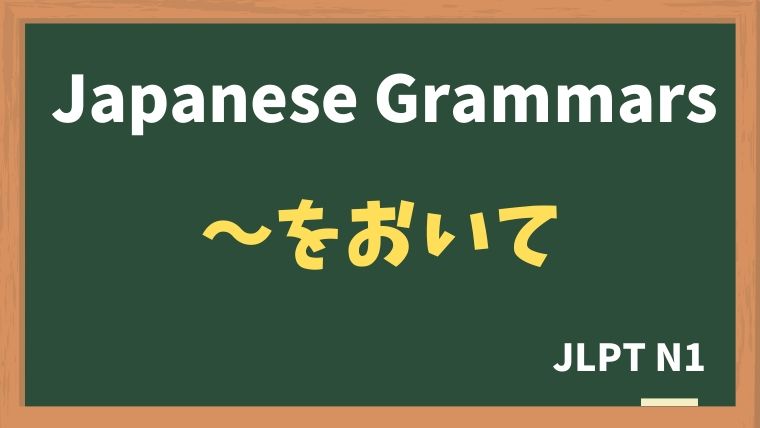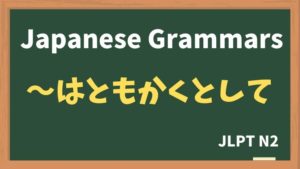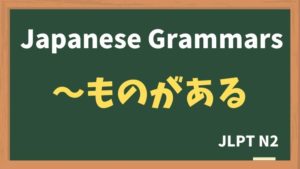
Explanation:〜をおいて
fa-check-circleMeaning
"〜の他にない / 〜以外できない"
Used to emphasize that someone or something is the only option or the best choice for a particular situation. It can be translated as "other than," "except for," or "besides" in English, often in a context that highlights the uniqueness or exclusivity of the person or thing being referred to. The phrase is commonly followed by negative expressions like "いない" (not exist) or "ない" (none).
fa-check-circleForm
Nを + おいて
fa-check-circlePoints
- Exclusive Choice: "〜をおいて" emphasizes that no one or nothing else is suitable, capable, or better in the given situation.
- Common with Negative Expressions: It is frequently followed by negative verbs like "いない" or "ない" to indicate that there is no alternative.
- Formal Tone: This expression has a somewhat formal or literary tone, often used in written or formal speech.
fa-check-circleJLPT Level
N2
Sample sentenes
このプロジェクトを任せられるのは、彼をおいて他にはいない。
There's no one else but him who can be entrusted with this project.
次の社長にふさわしいのは木村さんをおいて他にはいない。
There's no one else but Kimura-san who is suitable for the next president.
もう30歳だし、今の仕事が楽しくないし、転職するなら今をおいて他にない。
I'm already 30, not enjoying my current job, so if I'm going to change jobs, there's no time like the present.
彼女にプロポーズするなら、今夜をおいて他にない。
If I'm going to propose to her, there's no time like tonight.
この秘密を知っている者は私たちをおいて他にいません。
There's no one else but us who knows this secret.






